Share the event!
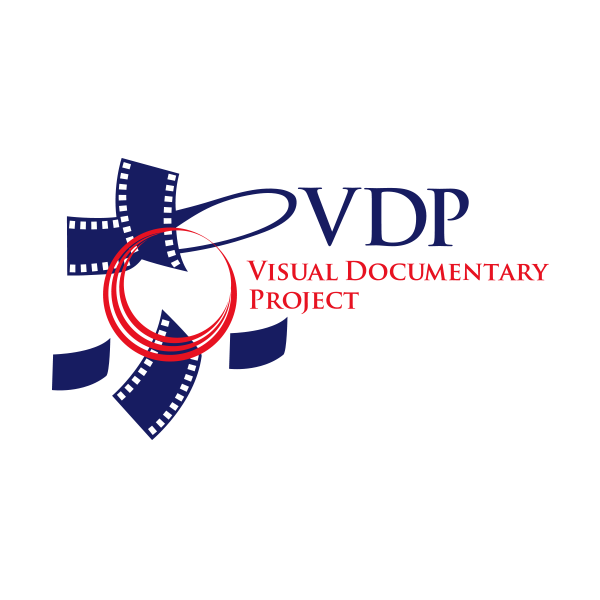
SEASIA 2024 Biennial Conference presents Center for Southeast Asian Studies (CSEAS) Film Festival 2024!
The Visual Documentary Project (VDP), launched at CSEAS since 2012, has screened short documentaries by Southeast Asian filmmakers with the aim of presenting the realities of Southeast Asia and building bridges between academia, the documentary filmmaking community and the general public.
SEASIA 2024 will screen five short documentaries selected from a total of 54 VDP works and including a work from Dr. Ma. Crisanta Flores of the UP Diliman Department of Filipino and Philippine Literature. The first five films are subtitled in English and Japanese.
See more
In 2012, the Visual Documentary Project (VDP) based at the Center for Southeast Asian Studies (CSEAS) Kyoto University, began as part of a large-scale project to promote exchanges with young filmmakers in to capture the reality of diversity, hybridity, and dynamism of Southeast Asia.
The main objectives of the VDP are to provide a platform for those who are engaged in Southeast Asian studies and filmmakers from Southeast Asia; bring the documentaries that reflect the realities they experience to a wider audience – the research community and public in Japan and overseas; and address the various current issues they face.
Over the past decade, this program has developed a lively and insightful exchange. In 2014-19, co-sponsorship in partnership with the Japan Foundation Asia Center (JFAC) has further developed this program, raising its visibility and deepening exchanges in Japan and abroad. These achievements have allowed the VDP open new lines of academic inquiry on Southeast Asia and to build bridges between filmmakers and scholars working in the region.
Each year the VDP holds thematic calls for short documentary films which are selected by a committee comprising scholars, filmmakers, and film critics deeply intimate with documentary filmmaking in the region. To date we have received nearly over 950 submissions from Japan and the Southeast Asia region, representing works on Southeast Asia. Selected films are subtitled in Japanese, then screened at international events that are open and accessible both in Japan and Southeast Asia often in collaboration with documentary film festivals and other academic institutions. Today, documentary films increasingly provide an opportunity to draw our attention to different social issues in Southeast Asia. A lot of effort goes in to maintaining the VDP platform, but this is rewarded by the interest of many people, both at a local and international level.
As of 2023, the VDP site was renewed and opened as a digital archive to stimulate further discussion. We encourage educators and researchers to make use of these works as teaching materials.
For more information on the project please see our website. https://vdp.cseas.kyoto-u.ac.jp/
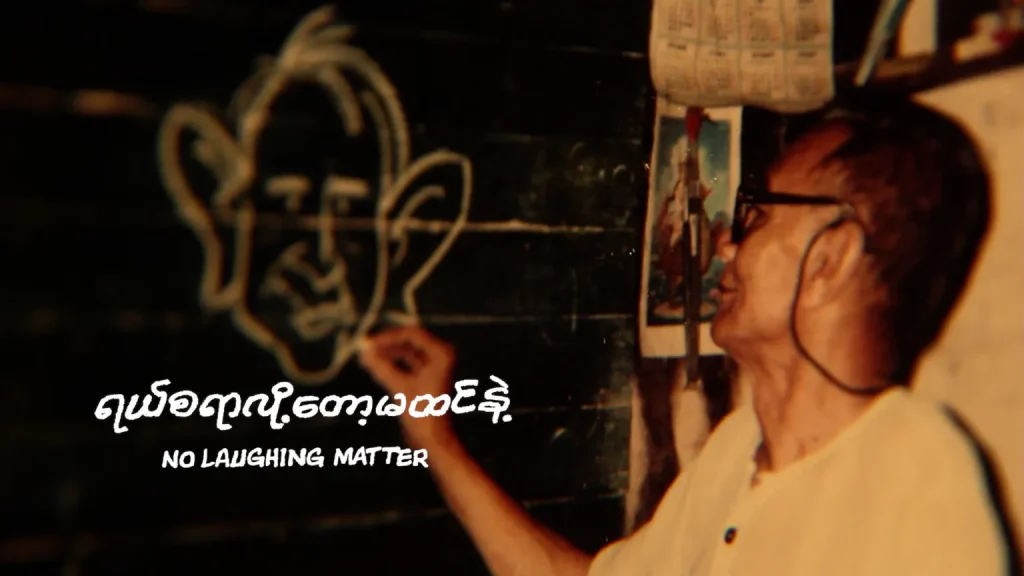
1:00 – 1:30 PM
No Laughing Matter
Director: Pe Maung Same
(Myanmar / 2020 / 31mins / Burmese)
“No Laughing Matter” is a poignant journey through the art of satire and presents the insights of U Pe Thein, a celebrated political cartoonist. Through a series of unearthed tape recordings from 1996, this documentary delves into the entwined history of political satire and the turbulent political landscape of Myanmar. It also provides a penetrating commentary on free press and political cartoons as mirrors on society.
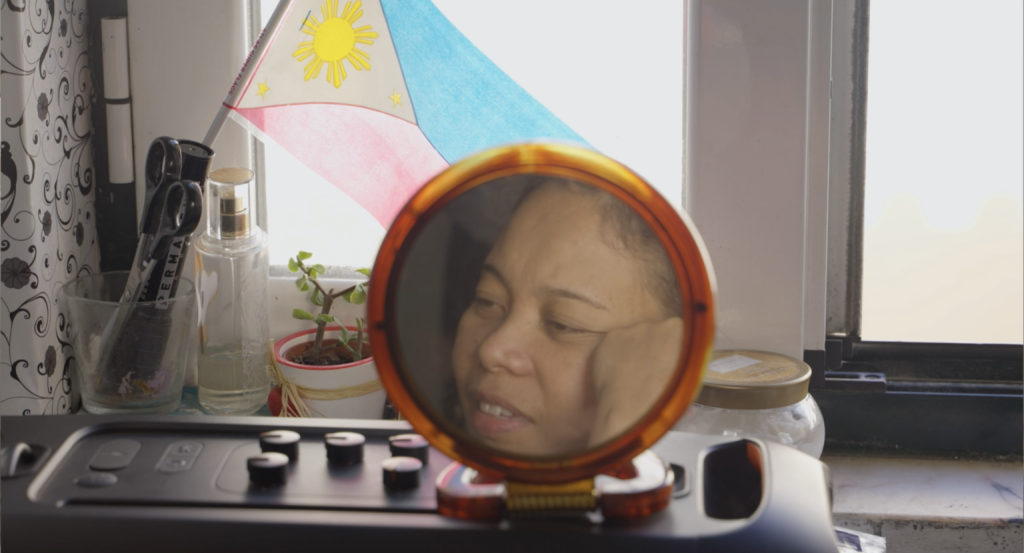
1:30 – 2:00 PM
The Songs We Sing in a Different Land
Director: Inshallah Montero
(Portugal, Belgium, Hungary / 2022 / 26mins / Filipino, English)
The Songs We Sing in a Different Land” sensitively focuses on a group of girlfriends who work as Overseas Filipino Workers (OFW’s) in Lisbon get together over lunch on their only day off on Sundays. They talk about living abroad, their work as household cleaners or nannies, their far away families and even their avid support for the president of the Philippines, Ferdinand “Bong Bong” Marcos Jr., the son of the late dictator of the Philippines. Through songs and conversation, this documentary presents how these women see the world and the deep motherly wound that the Philippines carries.
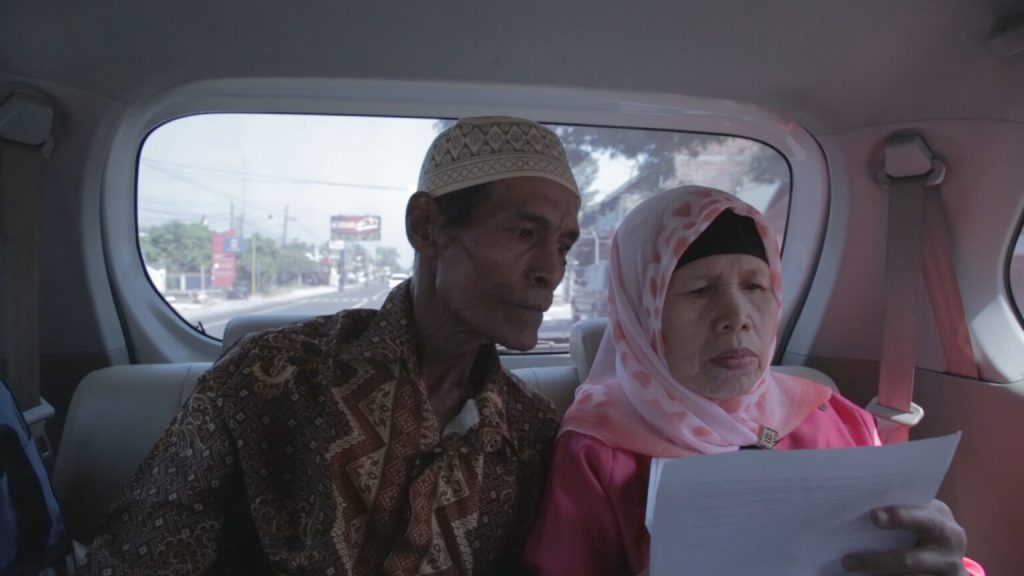
2:00 – 2:30 PM
Golek Garwo
Director: Wahyu Utami
(Indonesia / 2020 / 30mins / Indonesian, Javanese)
Golek Garwo” relates the story of an elderly man, Basri, his wish to get married again, and the expectations and reality he faces. This documentary offers a different take on the love that is usually expressed in romance films: always something beautiful and perfect in an ideal world. It depicts the simple and practical expression of love. It focuses on simple acts of intimacy; arguments between the bride and the groom and a sense of pride that stops them from expressing their true feelings. It also delves into the tension they experience living apart and working in two different cities.
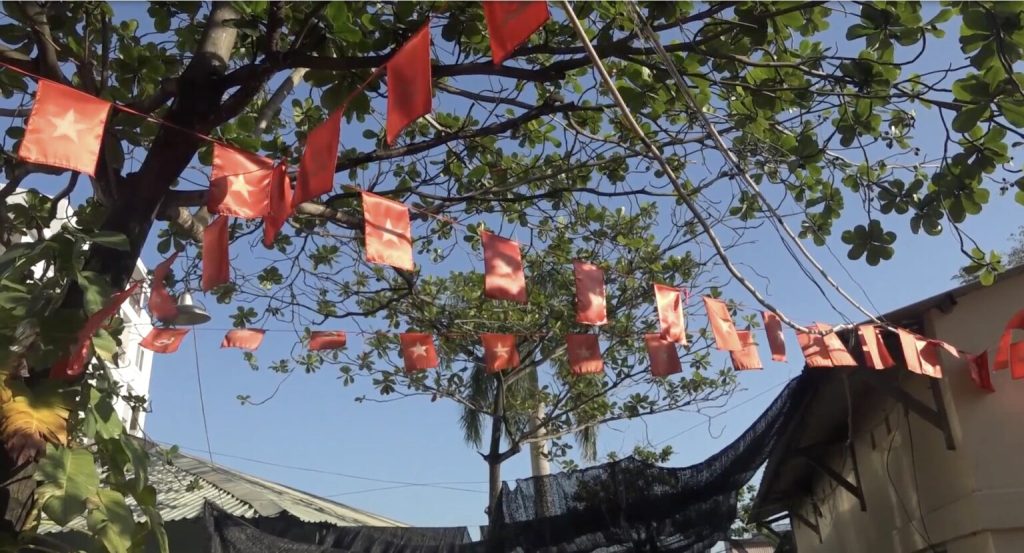
2:30 – 3:00 PM
An Unquiet Land
Director: Nguyen Thi Khanh Ly
(Vietnam / 2019 / 28mins / Vietnamese)
Owning a piece of land of more than 1,000 square meters in An Phu Ward, Thu Thiem, New Urban Project of Ho Chi Minh City, Mrs. Hong, age 74 was lucky enough to have her land lot spared from being razed, while her five children were not. Her only wish now is to be able to keep the land for herself and the children.
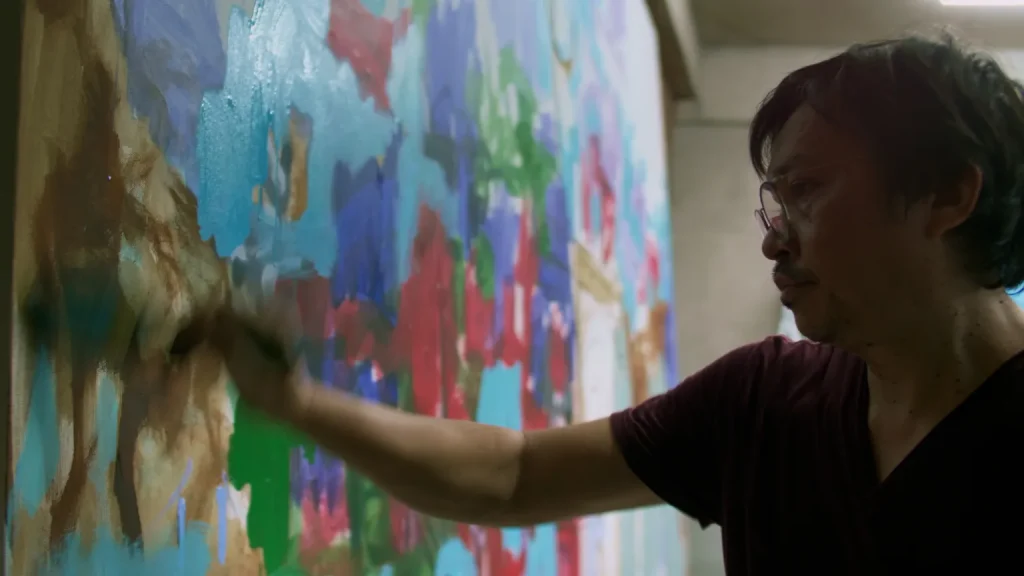
3:00 – 3:30 PM
Against This Messy World
Director: AW See Wee
(Malaysia / 2023 / 27mins / Mandarin, English, Malay)
“Against this Messy World” is a deeply introspective and visually captivating short documentary that delves into the heart and soul of artistic expression within Malaysia’s complex political and societal landscape. A personal exploration, narrated by Malaysian artists, this documentary takes viewers on an evocative journey to understand the essence and purpose of being an artist in a world marked by chaos and uncertainty and piece together conversations and unfiltered moments in their lives.
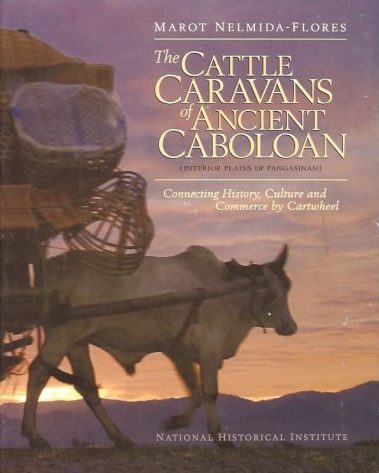
3:30 – 4:00 PM
The Cattle Caravans of Ancient Caboloan (Interior Plains of Pangasinan): Connecting History, Culture, and Commerce by Cartwheel
by Ma. Crisanta N. Flores
(Philippines / 2007 / 30mins)
In this age of global networks and cyber transactions, it is rather fascinating and remarkable how the cattle caravans from the interior plains of Pangasinan managed to ply the route from the province to metropolitan Manila and beyond until 2004 peddling bamboo-based products. Viajeros of these cattle caravans originate from the heart of ancient Caboloan. A toponymic name, Caboloan comes from the root word ‘bolo’ (gigantochloa levis), a species of bamboo that abounds in the old towns of San Carlos, Mangatarem, Calasiao, Malasiqui and Bayambang. The story of the caravan viajeros travelling under the yoke is a story of the Philippines grappling with the effects of globalization and the survival of a nation. Mario Banaag’s story is also the story of all of us who take risks on the road, venturing into dangerous zones, looking for destinations where adventures have no beginning and ending in a perpetual journey that is life.